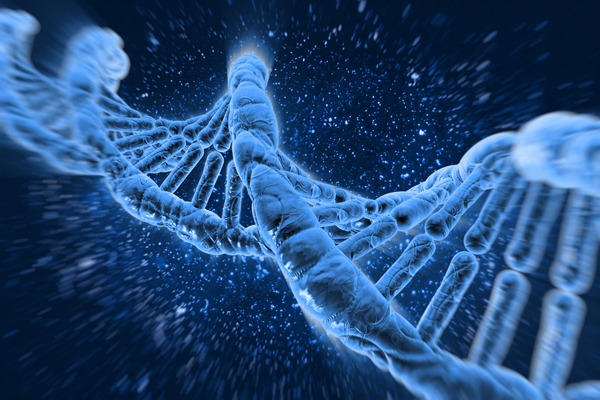An important breakthrough in stem cell research has been performed by researchers at The Hebrew University of Jerusalem, in collaboration with Columbia University Medical Center (CUMC) and The New York Stem Cell Foundation Research Institute (NYSCF). The scientists have successfully generated human embryonic stem cells with just one copy of the 23 human chromosomes.
Normal human cells contain two sets of the human genome, known as a diploid complement; one set of the 23 chromosomes is inherited from a person’s mother, and the other is inherited from their father. These 46 chromosomes are necessary for cell division, as human reproductive cells – which contain only 23 chromosomes, called a haploid complement – are unable to divide to produce more eggs or sperm cells.
Researchers have previously attempted to create embryonic haploid stem cells from human egg cells, however the end result was always a diploid cell containing 46 chromosomes. In the current study, the researchers induced cell division in the egg cells and used fluorescent dye to identify the few resulting haploid cells.
An important finding of the study was that the stem cells were able to differentiate into many differentiate human cell types – a trait known as pluripotency. In addition, these cells were able to transform into these cell types – including heart, pancreatic and nerve cells – while remaining in a haploid state.
“This study has given us a new type of human stem cell that will have an important impact on human genetic and medical research,” said Dr. Nissim Benvenisty, Director of the Azrieli Center for Stem Cells and Genetic Research at the Hebrew University of Jerusalem, and an author on the publication. “These cells will provide researchers with a novel tool for improving our understanding of human development, and the reasons why we reproduce sexually, instead of from a single parent.”
The haploid cells may also prove useful in studying the genetic basis of many inherited diseases, which are sometimes the result of small mutations in specific sequences of DNA. “One of the greatest advantages of using haploid human cells is that it is much easier to edit their genes,” said Ido Sagi, the PhD student from the Hebrew University of Jerusalem who led the study.
As the stem cells were genetically identical to their egg parent cell, they could be used in the development of personalized therapies – using the patient’s own cells – for conditions such as diabetes and vision loss. These cells may also be used to solve reproductive issues, as they carry the same number of chromosomes as human eggs and sperm.
“This work is an outstanding example of how collaborations between different institutions, on different continents, can solve fundamental problems in biomedicine,” said Dr. Dieter Egli, one of the study authors and Assistant Professor of Developmental Cell Biology in Pediatrics at Columbia University Medical Center. The research was published in the journal, Nature.












Join or login to leave a comment
JOIN LOGIN